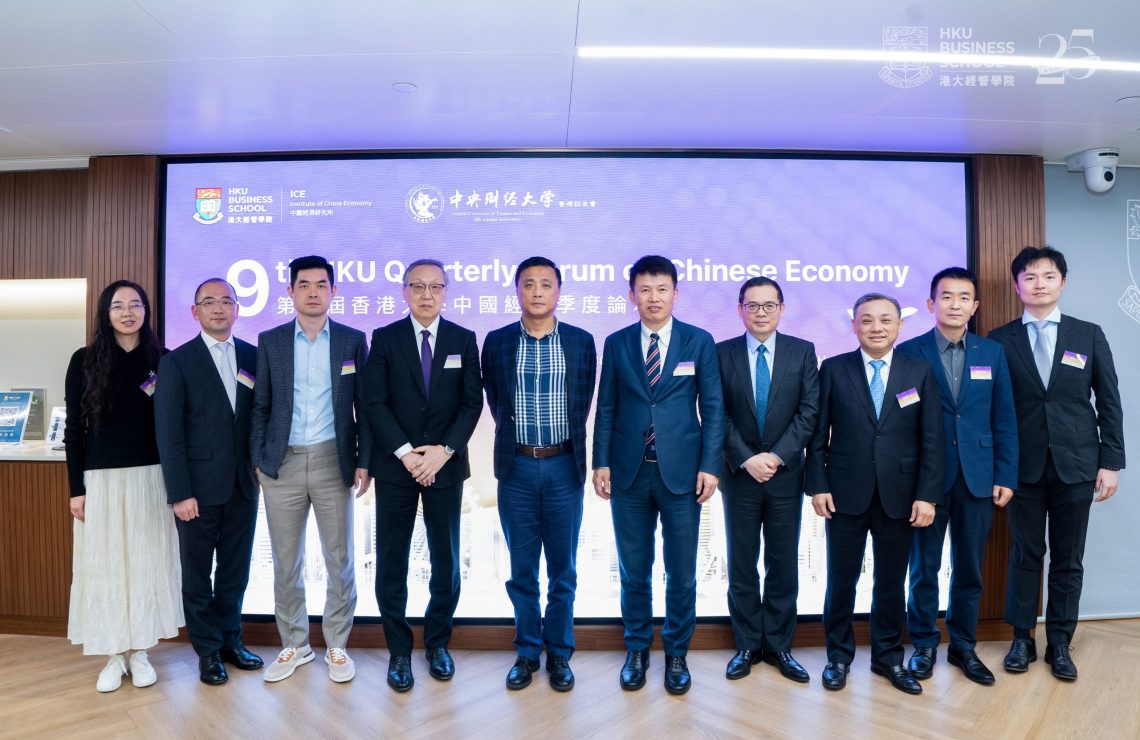
Did the Lockdown Lead to More or Fewer Non-COVID Deaths?
An international research team led by Dr. Guojun He, Associate Professor in Economics and Management & Strategy at HKU Business School, investigated how China’s strict anti-contagion policies (i.e., “lockdowns”) affect non-COVID mortality. This research has just been published in Nature Human Behaviour, a leading science journal.
Facing the unprecedented crisis caused by COVID-19 pandemic, different countries adopted different measures to mitigate its impacts, ranging from one extreme, where governments imposed stringent measures to restrict human mobility immediately after the outbreak, to the other extreme, where governments were reluctant to adopt any serious disease preventive measures and explicitly resorted to herd immunity. Dr. He’s research evaluates the benefits and costs of different COVID policies by analysing the death registry data in China, serving as a reference to the policy-makers to consider the disease prevention measures in the future.
“There are competing arguments about whether lockdowns should be implemented,” Dr. Guojun He explains. “On the one hand, some argue that lockdowns could bring about very significant health damages to normal people. For example, human mobility restrictions reduced access to healthcare services and business restrictions could lead to sharp economic disruption and massive layoffs, both of which may lead to higher overall mortality. On the other hand, virus containment policies could also cause unintended health benefits because they encourage health-protecting behaviors (like wearing face masks and washing hands frequently), diminish risks associated with business activities (like improving air quality and reducing work and traffic accidents), and reduce transmission of other infectious diseases (like seasonal influenza). Thus, whether lockdowns bring about additional health gains or losses is ultimately an empirical question.”
Using death registry data that covers one quarter of the Chinese population, the research team compared non-COVID mortality before, during, and after the “lockdowns” between two groups of cities: those with strict anti-contagion policies and those without. They found that lockdown measures reduced the number of deaths from other causes by 4.6 percent, preventing 54,000 deaths from other causes during the initial 50 days of strict “lockdown.” Surprisingly, the health benefits became even greater after the lockdown policies loosened. Mortality from other causes decreased 12.5 percent in the 115 days after the lockdown, leading to 293,000 lives saved across the country from non-COVID deaths.
To understand why, Dr. Guojun He and his co-authors found that less traffic and industrial activities led to less air pollution, in turn leading to large drop in cardiovascular disease deaths. Areas that were initially very polluted saw the greatest improvement, suggesting better air quality can be vital in preventing premature deaths. Social distancing and an increase in sanitizing surfaces, hand washing and mask wearing also contributed to fewer deaths from infectious diseases.
“Our research also points to the direction to improve population health after the lockdown measures are lifted,” says Dr. He, “if the government can continue its effort to control pollution and the public are willing to keep good personal hygiene, these short-term benefits will become long lasting.”
The study is a joint effort of scholars from multiple institutions. The co-corresponding authors of the study include Guojun He from HKU, George F. Gao and Maigeng Zhou from Chinese CDC. Jinlei Qi from Chinese CDC and Dandan Zhang from Peking University are the co-first authors of the study.
Jinlei Qi+, Dandan Zhang+, Xiang Zhang, Tanakao Takana, Yuhang Pan, Peng Yin, Jiangmei Liu, Shuocen Liu, George F. Gao*, Guojun He*, Maigeng Zhou*. “Short- and medium-term impacts of strict anti-contagion policies on non-COVID-19 mortality in China.” Nature Human Behaviour, (2021).
Available at: https://www.nature.com/articles/s41562-021-01189-3







